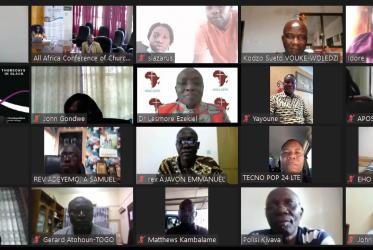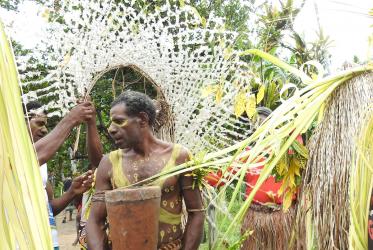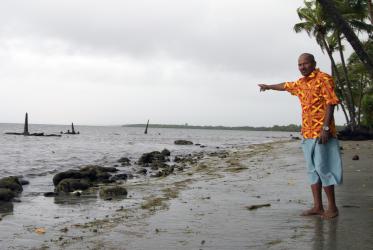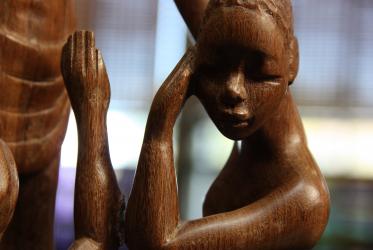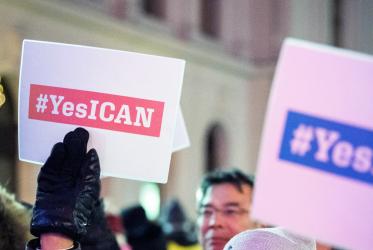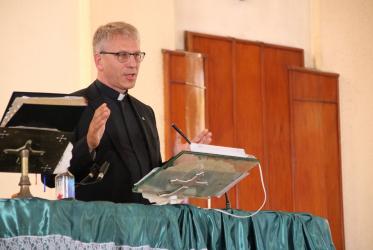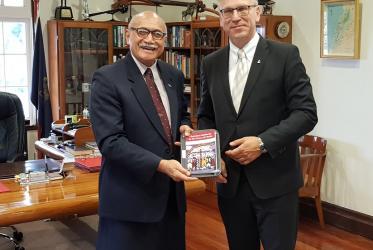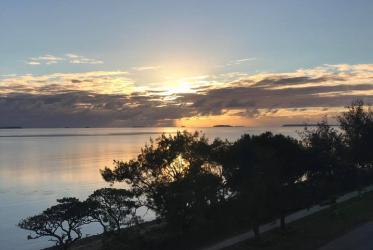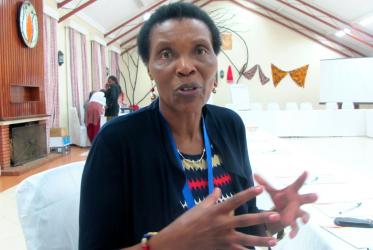Displaying 1 - 18 of 18
COVID-19 in conflict zones: “a crisis within another crisis”
27 November 2020
The cry of the Papuans in Indonesia
14 November 2019
WCC supports UN petition from French Polynesia
07 November 2018
WCC shocked by news of kidnapping at school in Cameroon
06 November 2018
WCC warns of growing risk of atrocities in Cameroon
02 August 2018
In Fiji, “time to go beyond the reef”
14 August 2017
Hopes shared in Tonga, where dawn starts first
06 August 2017
Indigenous faith leaders reflect on resilience and climate change
23 September 2014
